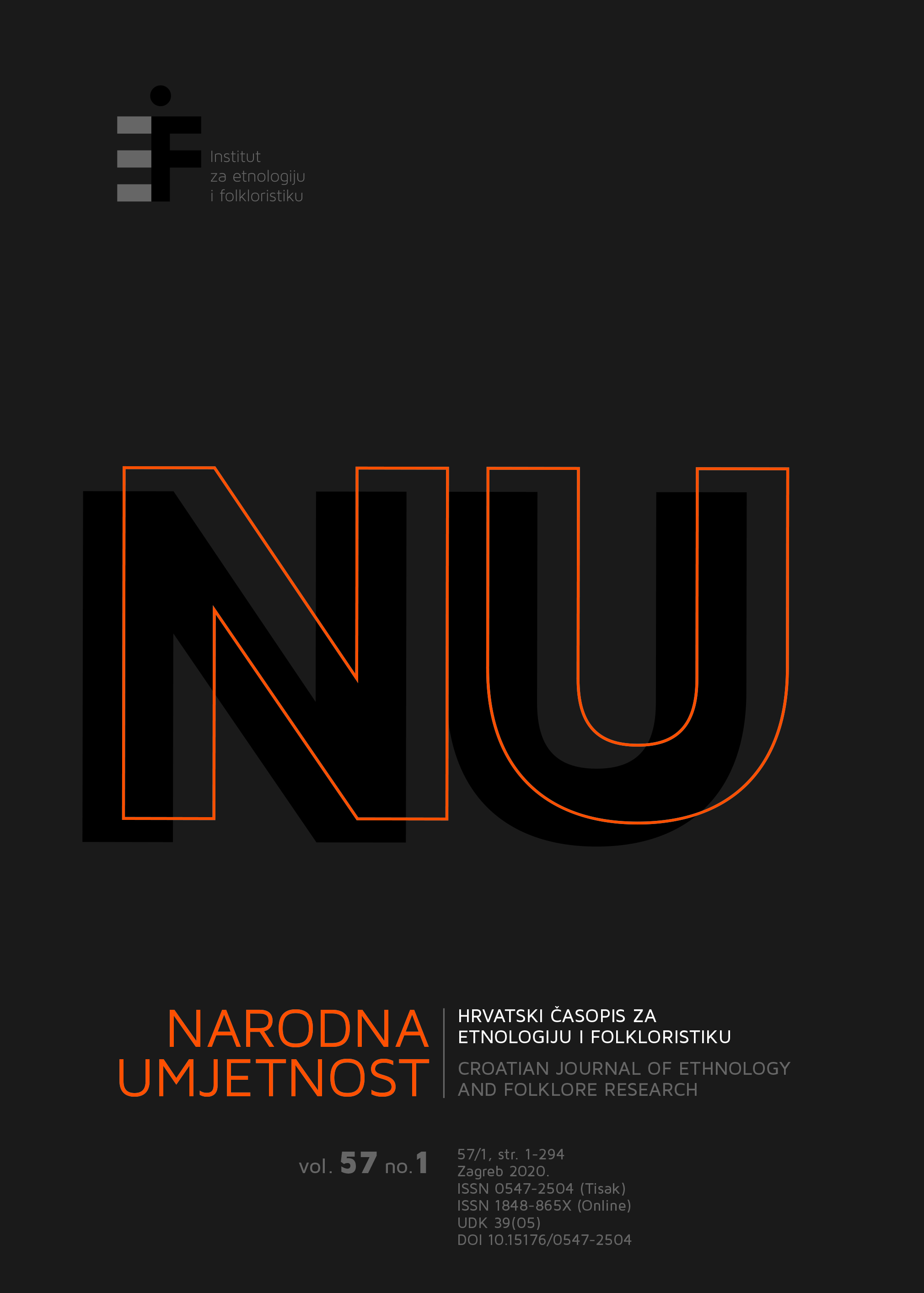From Iron to the Industrial Cloud
Memory and (De)industrialization at the Lisnave and Setenave Shipyards
Abstract
In the 1960s, Portugal lived through a period of rapid industrialization in what became known as the golden cycle of Portuguese industry. This late industrialization makes Portugal one of the countries ruled by a peripheral Fordism, which is particularly relevant in the region of Setúbal, since several heavy industry companies settled there, among them Setenave and Lisnave. These shipyards are described by workers as being “a city within the city” mostly given their dimension and labour contingent. However, this industrial “city” was more than a place of economic production; it was also a place for sociability. Informed by semi-structured in-depth interviews with former shipyard workers, and focused on the meaning they attribute to the changes experienced between the 1970s and the deindustrialization period of the 1980s, this article analyses the transition from a working culture based on solidarity to a culture dominated by competition and individualism.
Keywords: deindustrialization, Setúbal, working-class, shipyards, memory

